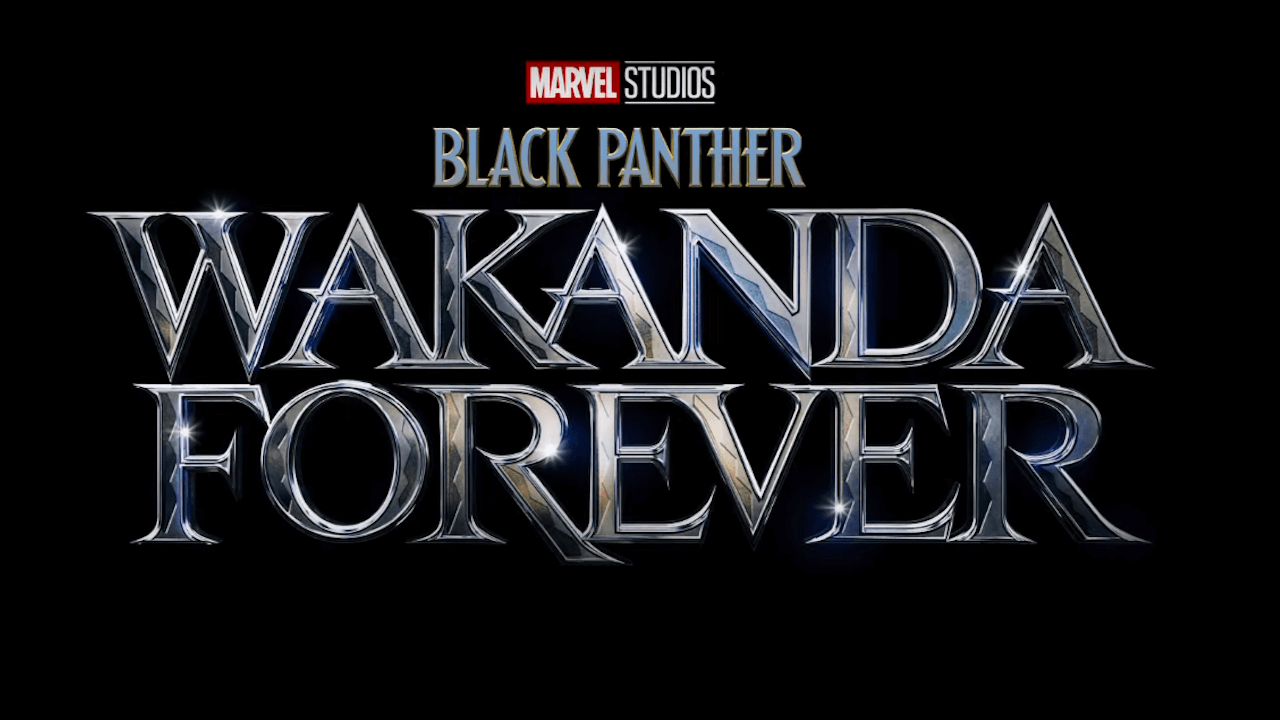Last week, Marvel seized the opportunity to unveil glimpses of its future at the 2022 San Diego Comic Con. That includes, of course, a trailer for the Black Panther sequel, Black Panther: Wakanda Forever. By now, you already know it’s pretty epic. There are flashes of stylized violence, a colorful sea world, a new enemy, a gripping monologue from Angela Bassett’s Ramonda, and a clever mashup of Tems’ cover of Bob Marley’s “No Woman, No Cry” and Kendrick Lamar’s “Alright.” There’s a lot going on, but the trailer is more defined by what’s missing: King T’Challa, The Black Panther.
If you’ve been following the development of the film and, well, life, you weren’t surprised. Black Panther’s titular lead Chadwick Boseman died of colon cancer in August 2020, and the Marvel Cinematic Universe decided against recasting his character. Since then, plenty of fans have argued against the decision. Writer-director Ryan Coogler (Black Panther: Wakanda Forever) was left with a unique challenge: How do you create a Black Panther movie without the Black Panther? All it takes is basic logic and a cursory look back at the release of Black Panther to know that it won’t be easy. After all, it wasn’t an ordinary superhero flick.
By the time it completed its run in theaters in Spring 2018, Black Panther had earned $1.3 billion at the box office, becoming the highest-grossing solo superhero film of all time. Boseman was praised for his performance. Coogler got props for his work behind the camera. It went without saying that the Black Panther would become the next cog in the MCU machine—an unstoppable juggernaut destined for sequels, spinoffs, and obscene profits. Black children got to see a Black face become the biggest superhero in the world. Now, Coogler and company will have to continue this emotional saga while closing out what’s been an underwhelming MCU Phase 4, which has been defined by crowd non-pleasers like Eternals.
On its face, Coogler’s task feels damn near impossible. It’s certainly unprecedented. Imagine The Dark Knight without Batman. Martin without Martin. A Lambo with no engine or Yeezys without soles. It feels unnatural, like a doomed science project. While we see someone don what appears to be the Panther costume in the trailer, it remains extremely unclear how that will materialize. And yet, the MCU initially defined itself by experimentation.
In 2005, Marvel began one of the most ambitious projects in cinematic history. Led by Kevin Feige, the intrepid crew hypothesized that they could create a universe of interconnected blockbusters without Spider-Man and X-Men, their flagship properties. They bet that their writing and directing teams could turn mid-tier superheroes into box office titans that could rival Batman, Superman, and even the iconic characters to whom Marvel had lost their rights.
T’Challa won’t don the Black Panther suit again, but the weight of his death and its effect on his loved ones gives the MCU a chance to raise stakes to Endgame levels.
Their initial bet centered around Iron Man, an Avenger who was far from the commercial force fans know today. Jon Favreau wanted to cast Robert Downey Jr. from the jump, but Marvel head honchos weren’t on board. Released in 2008, Iron Man completed its theatrical run after grossing $585 million at the global box office. From there, the MCU dropped sequels while gradually building multiple iterations of the Avengers and making previously lame heroes into the stuff of blockbusters. Seriously, Ant-Man and its sequel, Ant-Man and the Wasp, grossed a combined $1.1 billion.
Today, some 17 years after it first went into development, the MCU is by far the most critically and financially successful comic book film franchise of all time. It seems like they’ve been creatively hampered by their own winning streaks. Sometime after Avengers: Endgame, much of the MCU movies became parodies of themselves as quippy one-liners eclipsed genuine drama, unwieldy universes meshed, and sequels dropped biannually. These factors make the MCU feel like a stale, SEO-driven content machine, but its existence remains a triumph of ingenuity and extreme risk-taking. The breadth of Coogler’s mission could force a similar creativity.
In Black Panther, Letitia Wright served up a charming mix of sisterly annoyance and justified arrogance as T’Challa’s sister, Shuri. Pairing heart with quiet lethality, Lupita Nyong'o was more than formidable as Nakia, an undercover spy who might just be Wakanda’s answer to Black Widow. And of course, Danai Gurira’s simmering sneers and righteous indignation brought life to Okoye, the head of the fearsome Dora Milaje. T’Challa won’t don the Black Panther suit again, but the weight of his death and its effect on his loved ones gives the MCU a chance to raise the stakes to Endgame levels. Themes of loss and rebirth are not only powerful storytelling tools, but also strands of the MCU’s original DNA.
Forged under unusual circumstances, Wakanda Forever is at once a new undertaking and a part of a forgotten MCU tradition. Years ago, Feige and his team left their mark by making a lot with a little, and in the process, they reinvigorated a superhero film space that had seemingly plateaued. Now, Coogler and the Wakanda Forever cast have the chance to do the same.
